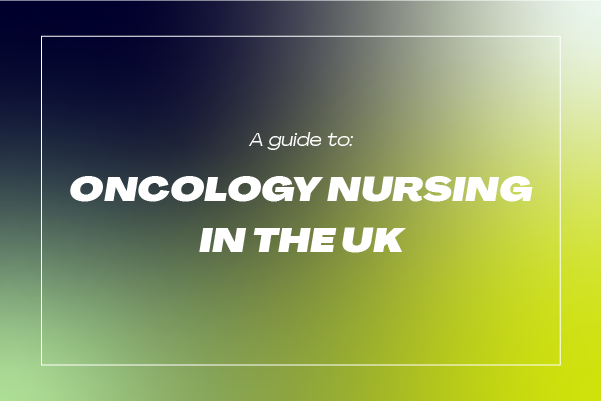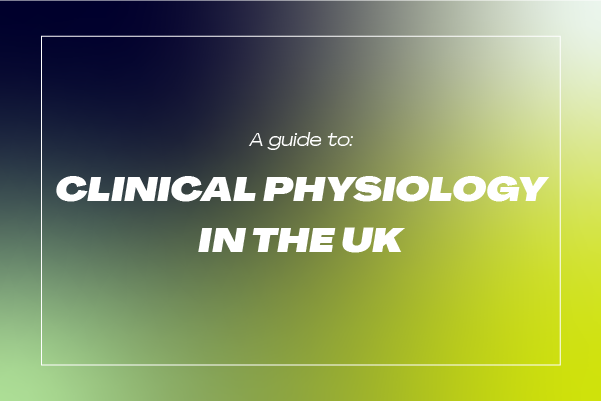This Organ Donation Week 2024, Your World is happy to raise awareness about how organ donation saves lives. By asking our employees what inspired them to donate, we encourage important discussions about giving back. We also explore how their roles in healthcare connect to this choice. Together, we can help promote organ donation and encourage more people to consider making this life-changing decision.
Holly O'Connor:
I love watching medical TV dramas, and they have highlighted the importance of organ and tissue donation. Plus, I have an afterlife plan that includes NHS organ donation after my death to whoever needs them. I will donate the rest of my body to science to help future doctors learn and develop!
Being an organ donor can help transform a life. Similar to how a new job recruitment can turn someone's life around in a new direction.
Just do it. You won't need the organs anymore!
Samantha Krimgoltz:
Nearly 20 years ago, someone asked me about it when I signed up to donate blood, and I agreed to it. We have a significant shortage of donors on the NHS organ donor register.
This shortage affects many lives. Donation is especially critical for organs like the liver, kidneys, lungs, heart, and pancreas. One donation after you pass away can save at least six people.
It fits my job at Your World. We recruit many healthcare staff who help patients adjust to their new organs. For example, I've recruited Speech and Language Therapists for the NHS.
People often donate skin tissue after a person passes away. You can use this tissue for the mouth and face. After this, people will need Speech and Language Therapy to adjust to their skin grafts. It's important in the long term for those fighting Head and Neck cancers.
I know it's not a nice thought thinking about what happens to your organs after death, but it will help save a lot of lives in the future. It was quite taboo in my religion for a long time and raised concerns regarding religious burial after passing. However, many religions are changing laws and accepting it now as it is a life-saving situation.
I would not pressure anyone to choose to donate, as it is an incredibly personal decision. It can affect your family too. Including it in your Final Will and Testament is highly important.
Talking to your family members in advance about your decision to donate is a good idea. Let them know you have registered for the organ donation service. This way, they won’t feel shocked when they learn about it later and can support your decision.
A good way to raise awareness is to share stories of how it has saved lives. This helps people see its importance.
Zak Nerurkar:
My childhood friend, who sadly passed in an accident in 2015, inspired me. He suffered a traumatic subarachnoid brain haemorrhage after a blow to the head with a hockey stick. His teammates at the time performed CPR to help save his organs enabling him to donate them.
Because of his organ donation decision, Tom donated his organs to around 50 people. Two of these people were a two-year-old girl named Fatima and a man named Gordon.
Tom donated his kidney to Fatima. Gordon received his heart.
His friends and family, including myself, were unaware of his decision. After his funeral I signed up to donate.
His mother, Lisa, is a dear friend. She created a memorial page for the Olympic hockey and international teams. Learn more about the Tom Wilson Memorial Fund – Registered Charity: 1171856 and Donate here.
I think my message would be to follow suit. Sign up or learn more about the organ donation process through NHS Organ Donation. If the time comes where you no longer need your organs, you could end up saving and reshaping people’s futures.
Jessica Woolfson:
I am more along the lines of “why not?”. If your organs are suitable for transplant, and can help save a life when you are no longer living, then that’s a pretty great thing.
I wouldn’t say it influences my work at Your World. I believe that since I have used healthcare systems for most of my life, it is important to help when you can.
My advice to anyone is to 100% register their decision on the NHS. You have nothing to lose, but family and friends have everything to gain.
Katie McTaggart:
I signed up for organ donation and transplantation because I want to help people live longer and healthier lives. I hope to save someone’s life after I pass away. If my organs can help people live, then I want as many of them to help as many people as possible.
I think it will probably give my loved ones some peace as well; it feels like finding the good in the bad. I think it’s important to be there for people where you can, and this is the last thing I’ll be able to do.
I am also a registered living donor for stem cells and bone marrow. This transplant is desperately needed by many people, especially children. You can learn more about this at NHS Blood and Transplant.
I’m also looking into registering as a living kidney and liver donor. I have a lot more to consider with those, and I feel the need to research more with NHS Blood and Transplant first.
We are proud of the NHS as a country. However, it is important to remember that we all have roles to play in supporting the NHS and one another. Organ donation was an easy choice for me—while I won’t need them, others desperately will.
Everyone at Your World is working to help relieve some of the pressure on the NHS in one way or another. Whether it's hiring specialist nurses who save lives or providing therapies that help people get back on their feet. Considering or contributing to having life-saving organs in supply is part of that.
I would tell anyone who feels nervous or unsure about donating organs that it can help many lives.
Not just about saving the lives of people who need a transplant. Changing the lives of their loved ones is also important. They have watched someone they value get sicker.
I believe there is a lot of peace in that idea. It would have comforted me if some loved ones who passed had been organ donors.
Finally, as a company, I believe we should start by having a conversation. We should share stories like mine with others throughout Organ Donation Week. You can achieve this through blogs or on social media.
After that, there are different charities we can support, like We Are Donors. We can also join awareness campaigns with the NHS. I believe that discussing organ donation and educating others is crucial. I didn’t know much about it until I registered as a donor.
For example, there are other types of organ donation that you might prefer. If you are pregnant, you can donate stem cells from the umbilical cord after giving birth. You can also donate part of your placenta.
I recently learned about bone donation during surgery. For example, if you undergo a hip replacement, you can donate the bone that the surgeon removes. I have started the process to register for this.












